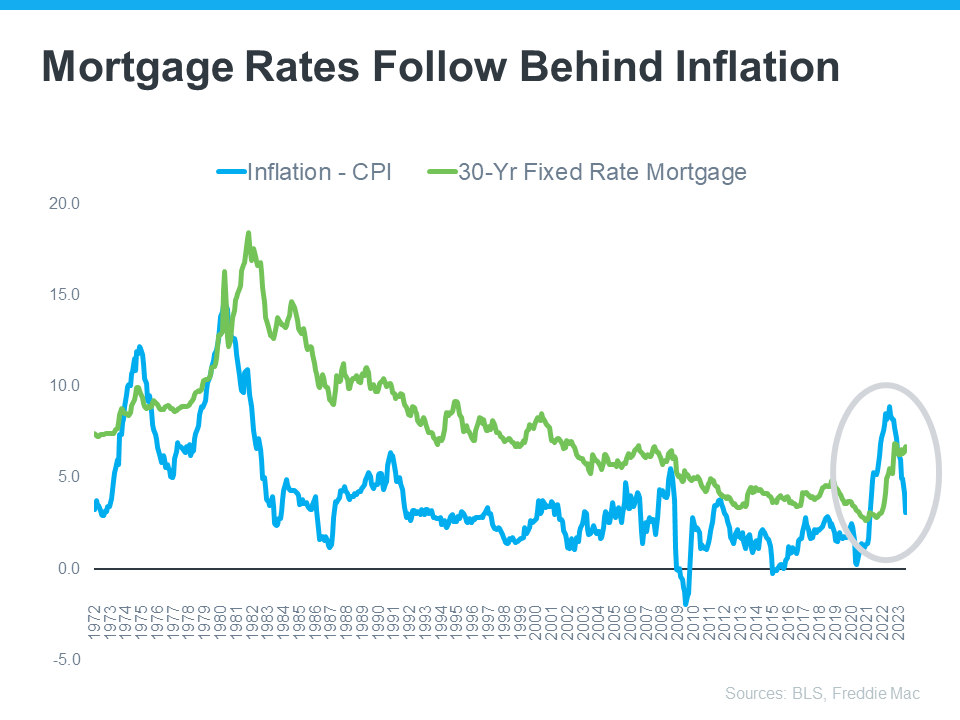
Buying a new construction home can be an exciting experience. From being the very first owner, to customizing your home’s features, there are a lot of benefits. But navigating the complexities of buying a home that’s under construction can also be a bit overwhelming. This is where a skilled real estate agent can make all the difference.
An article from The Mortgage Reports sums it up like this:
“Your Realtor or real estate agent will be key to helping you navigate this process. . . . they can guide you through construction and help anticipate and solve for any possible snags along the way.”
Here’s how your agent is an invaluable resource in your search to find and buy your new home.
Agents Know the Local Area and Market
Your agent is well-versed in the emerging communities and upcoming developments that could influence your decision. For example, you’ll want to be aware if there were any plans to construct a highway through the woods behind your prospective backyard. It’s important to consider how the neighborhood and the surrounding area might evolve before making your home purchase. Your agent can help you find a community that perfectly aligns with your preferences, lifestyle, and future needs.
Knowledge of Construction Quality and Builder Reputation
An agent also has the expertise to evaluate the construction quality and reputation of different builders. Their knowledge and experiences with local builders allow them to offer insights into each one’s track record, customer satisfaction, and construction practices. This information can help you avoid any potential risks and help you confidently select a builder known for delivering quality homes.
Assistance with Customization and Upgrades
The most obvious benefit of opting for new home construction is the opportunity to customize your home to suit your preferences. Your agent will guide you through that process and share advice on the upgrades that are most likely to add long-term value to your home. Their expertise ensures you focus your budget on areas that will give you the greatest return on your investment later on.
Understanding Builder Contracts and Negotiations
Builder contracts can be complex and differ from traditional home purchase agreements. Your agent can help you navigate these contracts to make sure you fully understand the terms and conditions. They’re also skilled negotiators who can advocate on your behalf, potentially securing better deals, upgrades, or incentives for you throughout the process.
Bottom Line
The guidance and expertise of a local real estate agent can make all the difference in turning your vision of the perfect home into a reality. Connect with an agent in your area so you can feel confident about purchasing your new construction home.



![Housing Market Forecast for the Rest of 2023 [INFOGRAPHIC] Simplifying The Market](https://files.keepingcurrentmatters.com/content/images/20230803/Housing-Market-Forecast-For-The-Rest-Of-2023-KCM-Share.png)
![Housing Market Forecast for the Rest of 2023 [INFOGRAPHIC] Simplifying The Market](https://blog.sfloridaluxuryhomes.com/wp-content/uploads/2023/08/Housing-Market-Forecast-For-The-Rest-Of-2023-KCM-Share-2.png)





